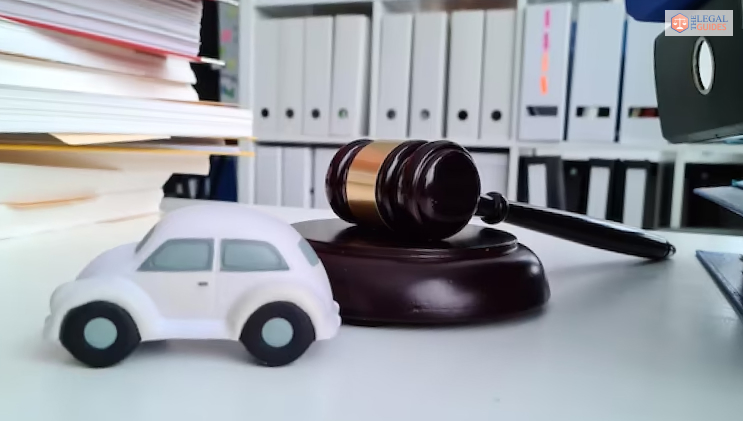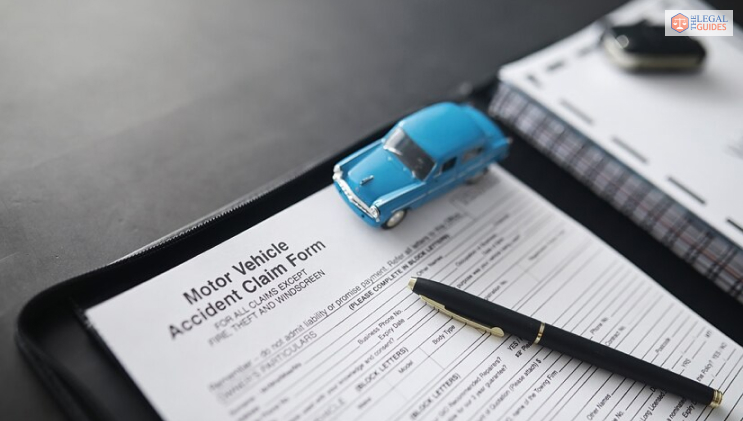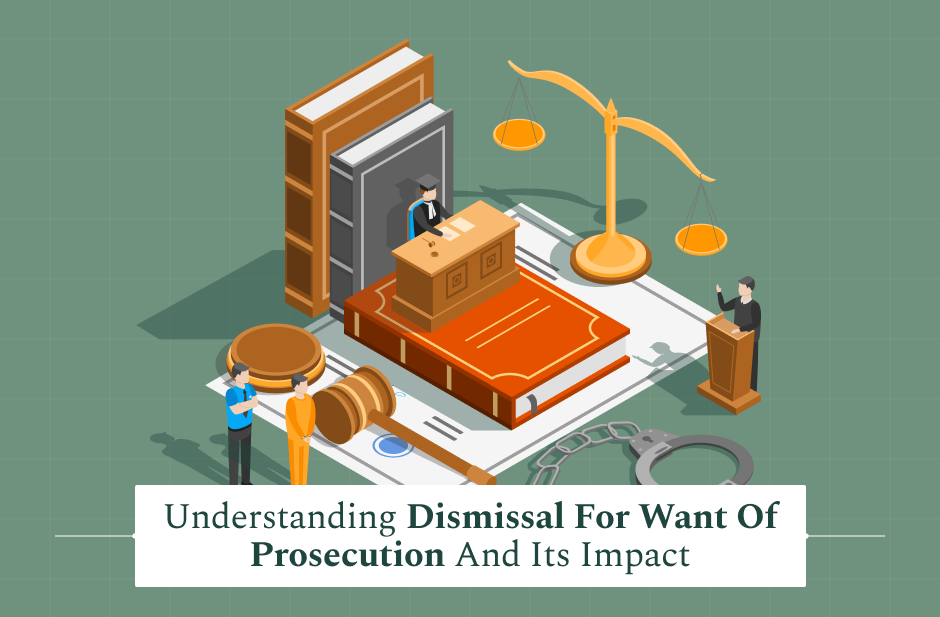Are you thinking of law books to read to learn about Transportation law? Well, we are here to help you out. What if there was a rulebook for safe and smooth travel? What if they covered vehicles, roads, and the skies, making sure everyone gets from A to B safely and legally?
Luckily, there is. In this article, we will talk all about laws that govern transportation in the United States. So, let us begin without much delay!
What Is Transportation Law?

Transportation law is a framework of multiple laws that regulate federal and state statutes governing regarding transportation modes. These laws regulate vehicles, such as cars, trucks, motorcycles, buses, and bicycles. They make sure that they have safe and lawful operations.
Additionally, they also have regulations concerning aircraft, including planes, helicopters, and drones. Ever heard of safety and operational standards for airplanes or your Tesla for instance? Well, all of those regulations fall under the purview of transportation laws.
Watercraft, ranging from boats to larger vessels like ships and freighters, fall under these legal provisions. So, adherence to maritime laws and safety protocols are also under its purview.
Furthermore, transportation law governs railroad systems, covering regulations pertinent to trains, subways, and associated rail infrastructure.
It extends its reach to roads, bridges, railways, airports, shipping ports, and trails, across vast transportation networks and facilities. Overall, transportation law aims to uphold safety, regulatory compliance, and efficiency within the world of transportation. They aim to protect both passengers and the broader public interest.
Where Does Transportation Law Come From?
Transportation is an important aspect that majorly impacts interstate commerce. The transportation law originally came from the Commerce Clause of the US Constitution. The Commerce Clause has laid down the following aspects of transportation, federally. They are:
- Mandating building vessels for transportation like airplanes, trains, and motor vehicles.
- Coming up with rules that will decide who has the limited resources. Taking into account about train tracks and airspace is one of the finest examples in these matters.
- Dealing with private corporations and individuals owning public transportation networks under different conditions.
- Prohibiting any kind of discrimination adhering to transportation.
- Licensing pilots, train conductors, maritime captains, and helmsmen to continue with their work.
- Penalizing the ones who are in violation of transportation laws.
What Are The Federal Transportation Laws?

Federal transportation laws, mandated by Congress to regulate interstate travel, significantly impact everyday life. The U.S. Department of Transportation (DOT) oversees these laws, aiming to ensure public safety, enhance national mobility, and boost the economy through transportation systems.
These laws affect citizens through various agencies.
National Highway Traffic Safety Administration
This enforces vehicle and highway safety standards, impacting everyday drivers’ safety.
Federal Aviation Administration
This law regulates air traffic, airport operations, and aircraft standards, influencing air travelers’ safety and air transport regulations.
Federal Highway Administration
This regulation manages laws concerning commercial freight and maintains interstate highways, tunnels, and bridges, influencing freight transport and road quality.
Federal Motor Carrier Safety Administration
This transportation law regulates safety laws for large commercial vehicles, affecting trucking safety standards.
Federal Railroad Administration
It is a regulation that ensures safety and development of the U.S. railroad system, impacting railway commuters’ safety.
Federal Transit Administration
This law provides support to local public transportation systems, impacting the availability and quality of public transit.
The U.S. National Transportation Safety Board (NTSB) investigates major transportation accidents, aiming to enhance safety measures.
However, their findings generally can’t be used as evidence in court.
Additionally, the NTSB’s efforts focus on improving transportation safety for all. They also impact regulations and practices to safeguard commuters and travelers.
Are There Any State Laws That Govern Transportation?

State transportation laws empower individual states to oversee transportation regulations within their borders. Therefore, each state manages these rules through their motor vehicle departments.
However, fundamental driving norms are consistent across states. Thus, distinctions exist in areas like speed limits, safety equipment mandates, and insurance prerequisites. Moreover, regulations for registering private and commercial vehicles also exist.
These are distinct transportation laws directly impact everyday life.
Speed Limits
They vary by state, affecting how fast individuals can drive on roads, ensuring safety.
Safety Equipment Requirements
There are differences in mandates, like seatbelt laws, impact safety measures for drivers and passengers.
Insurance Minimums
These are insurance requirements affect drivers’ financial obligations and coverage.
Vehicle Registration Regulations
Therefore, as we understand from the name, these are rules for registering vehicles. Additionally, they are both personal and commercial, differ, affecting compliance and legality of vehicles on the road.
What Common Legal Troubles Can You Run Into Regarding Transportation Regulations?

There are common legal issues that can arise, including speeding violations, seatbelt infractions, expired vehicle registrations. Additionally, there could also be a lack of proper insurance. Understanding these potential pitfalls is important for each US citizen.
Speeding Tickets
Exceeding speed limits can result in speeding tickets or fines. However, the solution involves obeying speed limits, being mindful of road signs, etc. Additionally, you can be contesting tickets through legal channels if needed.
Seatbelt Violations
Not wearing seatbelts can lead to fines or legal penalties. However, the solution is to always wear seatbelts while driving or riding in a vehicle for safety and legal compliance.
Expired Vehicle Registration
Driving with expired vehicle registration can result in fines or even vehicle impoundment. However, the solution is to renew vehicle registration on time, ensuring the vehicle is legally permitted to be on the road.
Lack of Insurance
Driving without proper insurance coverage can lead to legal consequences and financial liabilities. However, the solution is to maintain valid insurance coverage as required by state laws, ensuring protection in case of accidents.
Thus, the key solution to these transportation law-related issues is to follow traffic regulations, maintain up-to-date vehicle registrations and insurance
What Law Allowed Collective Rate Making By The Transportation Carriers?

The Reed-Bulwinkle Act of 1948 let transportation carriers work together to set rates. They could form “rate bureaus” to decide on prices that applied to all members. These agreed-upon rates were once approved by the ICC (Interstate Commerce Commission).
Additionally, they were protected from antitrust laws.
How Does This Animal’s Method Of Transportation Demonstrate The 3rd Law Of Motion?

Animals move using the “third law of motion.” Like when a horse pulls a carriage, it pushes forward, and the carriage pushes back with the same force. Therefore, this makes it hard for the horse to move it forward.
Birds move by pushing air down and back with their wings to fly ahead. Even an octopus moves by pushing water out of its body, sort of like a jet ski in the water.
Who is a Transportation Lawyer and When Do You Need One?
In layman’s terms, transportation lawyers are the ones who develop policies to understand the science behind aviation, maritime, rail, and finally highway travel. They also help in reducing information into understandable and concrete laws that can be further enforced.
Transportation lawyers come up with recommendations and compliance to safeguard your rights against any wrongdoings of the transportation laws. They investigate and research the technical details of your case and come up with a concrete solution to defend you.
You might wonder when you might need a transportation lawyer. In a nutshell, you might need them when you’re undergoing a transportation-related incident. But, it always doesn’t call for a transportation lawyer.
For example, a normal motor accident or a chemical exposure might not call for a transportation lawyer. However, if you are working for a bus company or any other motor carrier, then you might need a transportation lawyer to represent you in court. They will help you out with different federal laws pertaining to transportation and make you aware of its varied jurisdiction.
Roles and Responsibilities of a Transportation Lawyer
A transportation lawyer has several duties to perform. Here are some basic duties you need to be aware of before you choose to hire one:
- Legally represent you in court in case of any transportation-related legal fiasco.
- Investigate and research the nitty-gritty of your case and collect data that would help you win the case.
- Educate you about the federal transportation laws and make you understand where you’ve gone wrong.
- Keep up with the legal functions and advancements of your case and inform you if there’s any problem.
- Advise you to talk to the police, if needed, and also tell you when not to talk to the police without an attorney.
To Conclude
With this we reach the end to our article on transportation law. We hope you found the article helpful. Therefore, these laws in the USA make sure people and goods move safely by setting rules for roads, vehicles, air travel, and more. They’re designed to keep everyone safe and make sure things run smoothly on the move.
Read Also:
















